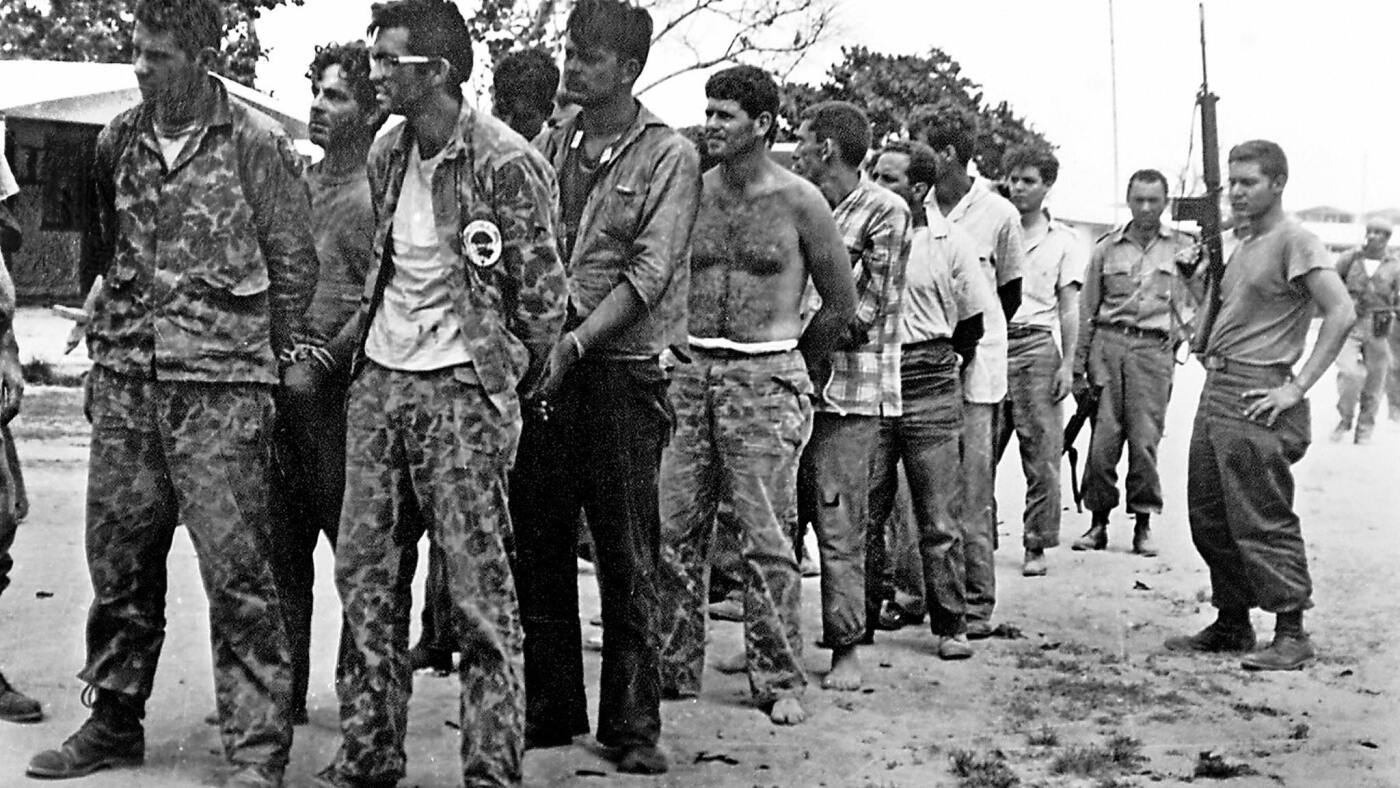The term "Anti-Corruption Institutions" refers to a broad category of organizations dedicated to combating corruption globally. These institutions work to strengthen anti-corruption efforts through enforcement, prevention, and investigation. While there isn't a single entity known as "Anti-Corruption Institutions," various organizations and initiatives fall under this umbrella:
## What They Do
Anti-corruption institutions play a pivotal role in fighting corruption by:
- **Enforcing Anti-Corruption Laws**: They ensure effective enforcement of anti-corruption legislation, from investigation to prosecution.
- **Preventing Corruption**: They implement preventive measures to reduce corruption risks.
- **International Cooperation**: Many institutions facilitate international cooperation to combat cross-border corruption.
## History and Key Achievements
- **United Nations Convention Against Corruption (UNCAC)**: Adopted in 2003, UNCAC is the only legally binding universal anti-corruption instrument. It has prompted significant reforms worldwide[4].
- **Transparency International**: Launched the Anti-Corruption Agencies Strengthening Initiative in 2015 to enhance the effectiveness of anti-corruption agencies globally[1].
- **Indonesia's KPK**: Established in 2002, the KPK has been highly effective in investigating and prosecuting corruption cases[7].
## Current Status
Today, anti-corruption institutions continue to evolve and expand their reach. The International Association of Anti-Corruption Authorities (IAACA) supports the implementation of UNCAC and promotes collaboration among anti-corruption bodies[5]. Despite challenges, these institutions remain crucial in the global fight against corruption.
## Notable Aspects
- **Decentralized Systems**: Countries like the United States have decentralized anti-corruption oversight systems, involving multiple agencies at different levels[3].
- **International Collaboration**: Organizations like the Open Government Partnership and IAACA foster global cooperation to combat corruption[5][8].
- **Technological Innovation**: Some institutions, like Indonesia's KPK, have leveraged technology to enhance their investigative capabilities[7].






